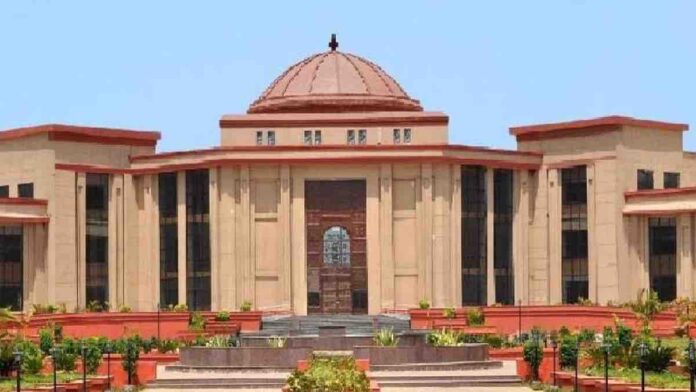The Chhattisgarh High Court on Friday stayed its own order of February 6 seeking response from the Governor’s office to a petition alleging delay in giving assent to reservation bills passed by the Assembly.
On February 6, the high court had issued a notice to the Governor’s secretary, seeking a reply by February 24.
The order had been passed on a petition filed by Himank Saluja claiming that Governor Anusuiya Uikey had not taken any decision on two bills related to reservation forwarded by the state government on December 3, 2022.

There was uncertainty about reservations in the state as a result, it said.
The Governor’s office then filed an application before the HC, claiming that even the Governor’s Secretary is protected from court orders while acting on behalf of the Governor.
It relied on a 2016 order of the Supreme Court where a notice issued to a Governor had been recalled.
The application sought that the HC set aside the February 6 order.
The high court on Friday said it would hear the application, and until then the effect and operation of the February 6 order shall remain stayed.
“One of the silences in the Constitution is in Article 200 which does not prescribe a timeline for the Governor to provide assent to Bills sent by the Legislative Assembly,” the HC noted.
On December 3, 2022, the Chhattisgarh assembly passed two bills which increased reservation for OBCs to 27 per cent from the existing 14 per cent, and that for the SC community to 13 per cent from 12 per cent in public employment and admissions to educational institutes.
The 32 per cent reservation for the ST category was kept unchanged.
Besides, 4 per cent reservation was also provided to the economically weaker section (EWS), taking the total quota to 76 per cent.







